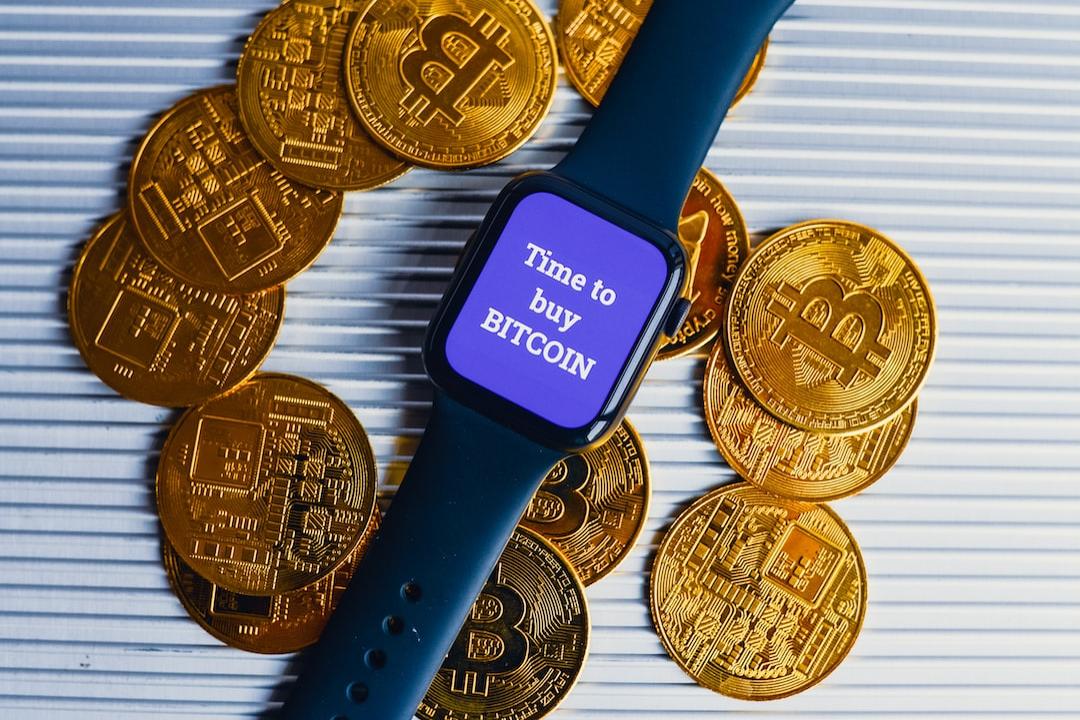For Ethereum, 2024 has been a year of significant events combined with moments of relative quietude. While notable innovations occurred, those primarily interested in profiting through investments in Ethereum’s native coin, ETH, may have found themselves somewhat disappointed, judging by the sentiments expressed on Crypto Twitter.
Key upgrades like Dencun have facilitated more cost-effective operations on the network, and even President-elect Donald Trump threw his support behind a project developed on Ethereum. However, a regulatory crackdown created apprehension within the ecosystem, with many speculating on the Securities and Exchange Commission’s stringent stance towards the industry.
The unexpected approval of spot ETH exchange-traded funds marked a turning point, although it did not trigger a surge in the asset’s value akin to its Bitcoin counterparts. Nevertheless, it remained a compelling and eventful year for the blockchain underpinning the second-largest cryptocurrency. Let’s review the significant developments that transpired.
Regulatory challenges emerged in April, with rumors circulating about the SEC potentially targeting Ethereum comprehensively following an inquiry into the Ethereum Foundation by a state authority. Conflict escalated as software giant Consensys, a major player in the Ethereum sphere, clashed with the SEC over allegations of securities violations related to its popular Ethereum wallet, MetaMask. Despite legal battles, including a lawsuit from Consensys against the SEC, a judge dismissed the case in September. The firm faced workforce reductions amidst regulatory pressures, alongside the anticipation of a new pro-crypto SEC chairman under a possible Trump administration.
The approval of Ethereum-based ETFs made a significant impact, garnering unexpected support from the SEC. Despite initial trading of the spot ETFs in July, the anticipated price surge for ETH did not materialize. Nevertheless, the approval signaled a shift in the SEC’s classification of Ethereum from a security to a decentralized asset, providing validation for the blockchain industry. Notable figures such as BlackRock CEO Larry Fink endorsed Ethereum’s potential as an asset class, reflecting growing acceptance from traditional financial institutions.
In a surprising turn of events, even President-elect Donald Trump contributed to Ethereum’s ecosystem by backing a decentralized finance project, World Liberty Financial, built on the Ethereum platform. This initiative aligns with the administration’s vision to establish America as a global hub for cryptocurrency innovation. The project aims to offer crypto borrowing and lending services, with plans to introduce a native stablecoin in a competitive market environment.
On the technical front, Ethereum implemented cost-effective upgrades through its Dencun enhancements, lowering transaction expenses on layer-2 networks. While these improvements offer efficiency gains, the rising adoption of layer-2 solutions raised concerns about diverting value away from the main Ethereum network, potentially impacting ETH’s market performance. Discussions on fee-sharing models and ecosystem balance adjustments are underway to address these challenges and sustain Ethereum’s growth trajectory.
Edited by Stacy Elliott and Andrew Hayward.


